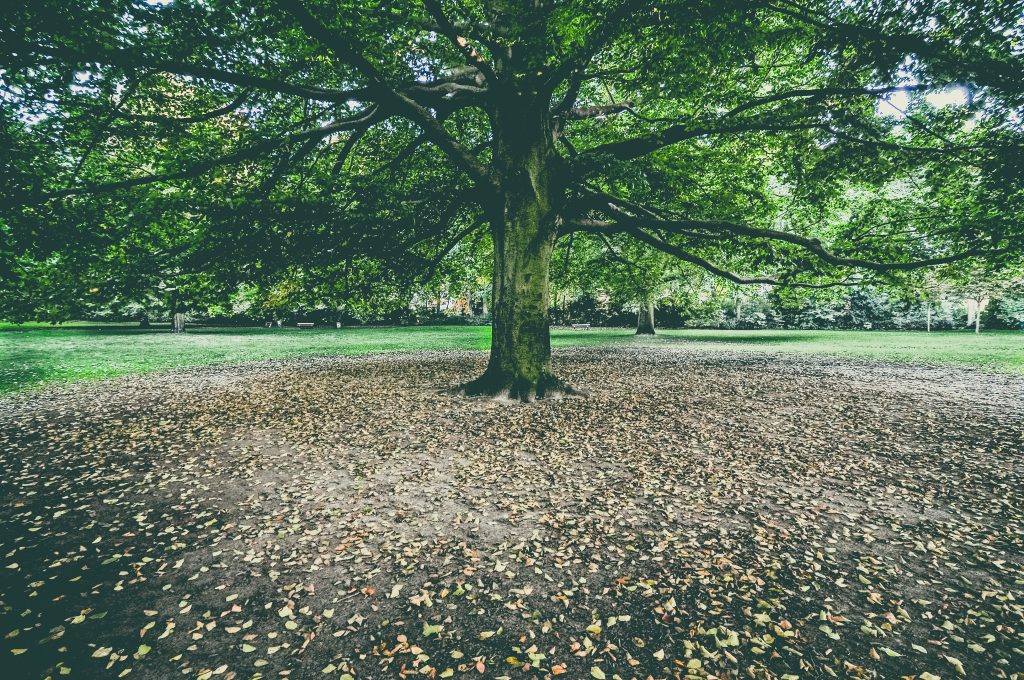Elizabeth Roberts is a most extraordinary woman. A teacher, philosopher, humanitarian, and social activist, Elizabeth is no stranger to the vanguard of social change. In the early ’60s, she marched with Reverend Martin Luther King to promote civil rights. Years later she launched a crusade for television reform. Her resumé lists her as a former program director for National Public Radio, and it was she who coined the title for the now renowned afternoon news program, “All Things Considered.”
“Most likely that will be my epitaph,” Elizabeth says, jokingly. However, her most lasting legacy may be her awareness of the healing power of nature.
I had been given her book, Earth Prayers, in 1992 by a very dear friend of mine in Vermont. So moved was I by the prayers and poems that I began to use several of them in a relaxation slide show I produced titled, “Mother Gaia: The Healing Power of Nature.” Word circulated about the tremendous impact of the slide show and one day I received a phone call from a conference coordinator wishing to team Elizabeth and I up to do a joint presentation, with Elizabeth reciting the poems from her book. As it turned out, we both live in the same town, so we arranged to meet at her house one afternoon. Over a cup of tea, she shared this story:
“How did the book come about?” she said, repeating my inquiry. “Let me tell you. I had been sick for quite some time with Chronic Fatigue Syndrome. It got so bad that I was bedridden for about nine months. It was horrible. I was so exhausted I could barely lift my hand up to my face. About the only thing I could do was read, but I was too tired to hold a book. The most I could hold up was a piece of paper.
“While I was sick, I had many conversations with God, many times not believing in a God anymore. My theology became a cosmology as I turned to the earth for help. And I got it.

“Elias, my husband, had sent the word out to my friends not to call because I couldn’t hold the phone to talk. Instead, he said to them, ‘Write letters.’ So they did. Knowing how much I loved poetry, and knowing my love of nature, several friends sent me poems to read. In nine months time, I had quite a collection.”
Elizabeth explained how her dark night of the soul became a womb of creation. She decided to edit the collection of poems into a book called Earth Prayers. The project became her raison d’être and the energy to edit this project became a healing energy itself. “Elias and I sent out invitations for our friends to contribute a poem as well. And oh, the permissions to use some of these poems, you should see the folders in my office,” she exclaimed.
Through her illness, Elizabeth came to see the powerful metaphor nature is. “Nature speaks to us in seasons. There is a time to produce and a time to lay fallow. In hindsight, I saw my down time as that which my body needed to heal. Although I knew of the concept of laying fallow, it took chronic fatigue to make me realize I was not honoring this aspect of life. Now I have learned my lesson.”
In 1990, Elizabeth and Elias formed The Boulder Institute for Nature and the Human Spirit, a social activist organization, which organizes grass root ecological projects as well as small group vision quests in the quiet surroundings of Colorado’s southwest corner. When Elizabeth speaks about the vision quests, her whole face lights up. “We have so much to learn from nature. Nature in all her infinite glory speaks to us, and we must listen.”
Elizabeth is one who walks her talk. It is not uncommon for her to be found in the calls of nature, partaking in a vision quest. There she listens to the wisdom of the rocks, the songs of the trees, the lullabies of the streams, and the energies of the earth. And if you were to hike the many trails in Boulder’s park system, you might see Elizabeth out there. She partakes regularly in the healing process of nature. Her example is one to follow, for in this high-tech age it is all too easy to distance ourselves from our primal environment and lose contact with the heartbeat and resonance of Mother Nature.
There is a right time for everything. A time to be quiet and a time to speak up, a time for keeping and a time for throwing away (Ecclesiastes: 3).
May we often reconnect with the rhythms and healing energies of nature
From STRESSED is DESSERTS Spelled Backward, by Brian Luke Seaward
